ARTICLE AD BOX
By Navin Singh Khadka
Environment reporter, BBC World Service
Image source, Getty Images
Image caption,Poor countries say climate change is affecting communities with such intensity that they can no longer adapt, but instead need financial support
Vulnerable countries at COP26 say rich nations are pushing back against their attempts to secure compensation for the damage caused by climate change.
Poorer countries see it as critical that money for loss and damage be part of negotiations this week.
Negotiators agreed in Paris in 2015 to address the issue, but there is no agreement on who should pay for it.
Rich nations are said to be resisting any commitments as they do not want to accept liability and risk being sued.
Developing countries argue that rich countries are responsible for most of today's climate change impacts because they started emitting carbon much earlier than the rest of the world.
"Loss and damage is still a taboo for developed countries," says Alpha Oumar Kaloga, one of the lead negotiators of the Africa Group, who also represents Guinea in the Least Developed Countries bloc (LDC). The majority of the 46 countries in the LDC bloc are in Africa.
"During negotiations, we have been repeatedly arguing that loss and damage needs to be mentioned in a separate column in the climate finance reporting papers of developed countries, because such losses and damages are happening all over the world," Mr Kaloga says.
The resistance from rich countries behind closed doors is particularly frustrating when they are at the same time "talking about transparency in this whole process", he says.
A report by the Organisation for Economic Co-operation and Development (OECD) this year showed that in 2019, about 25% of climate finance from developed countries went towards adaptation - preparing for extreme weather events, or building seawalls, for example - while the rest went to fund projects to reduce carbon emissions.
Poor countries say climate change is impacting on communities with such intensity that they can no longer adapt, but instead need financial support to rebuild, or to move away.
As holder of the COP presidency, the UK has been co-ordinating the talks. A spokesperson said the UK was "listening to the views of all parties and the final text will be agreed by consensus".
Le-Anne Roper, lead negotiator on loss and damage for the Alliance of Small Island States, wants a new finance goal just for loss and damage.
This would be separate from the $100bn (£74bn) already pledged - a target the world has already missed for 2020 which is now set for 2023.
"It is the only way we will be able to give our people a better chance at surviving, given the growing scale of the crisis and the need for significant action to address loss and damage," she told the BBC.
Harjeet Singh, senior adviser for Climate Action Network International, says climate change is destroying entire communities.
"This is about providing relief, rehabilitation and support to those who are simply displaced forever," he says.
There were no immediate comments from loss and damage negotiators from some developed countries contacted by the BBC.
There has been criticism from developing countries that adaptation has not received enough attention at COP26, and that the agenda has been dominated by carbon emissions reduction which has to do mainly with developed nations and fast emerging economies like China and India.
Several poor countries have also come under criticism for not making best use of the funds made available to them. Experts say issues like bad governance and corruption have been a major challenge in implementing adaptation projects.

 3 years ago
110
3 years ago
110
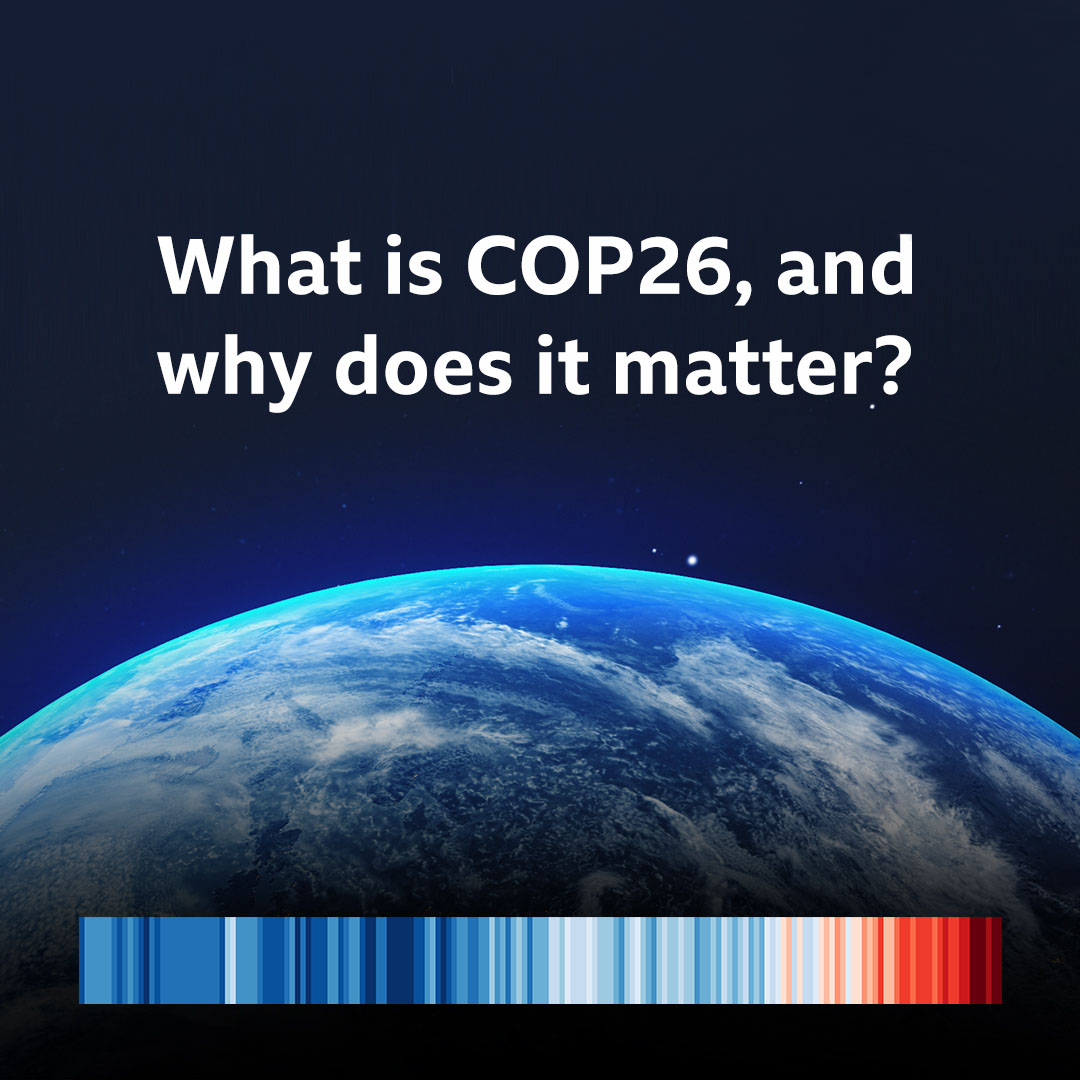
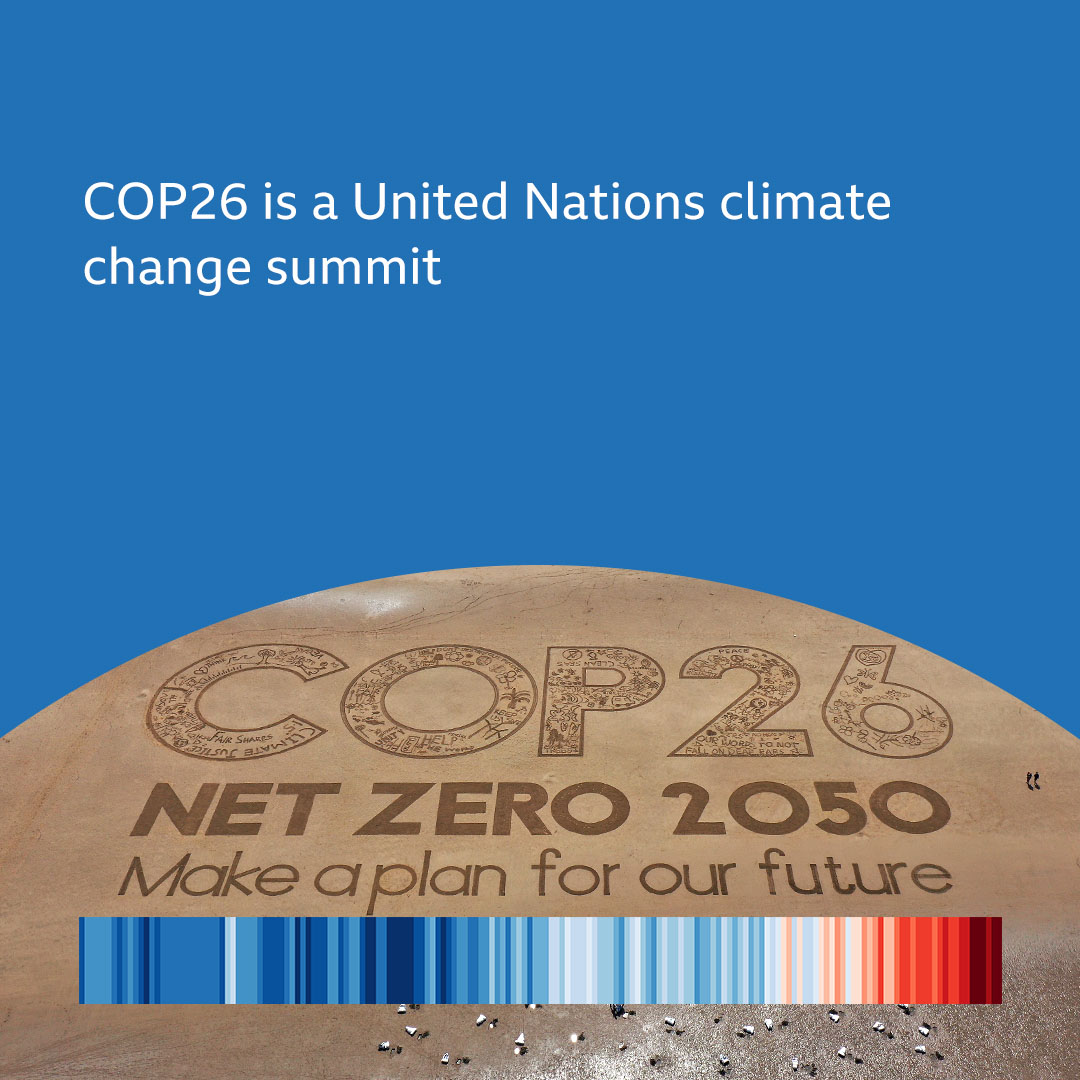
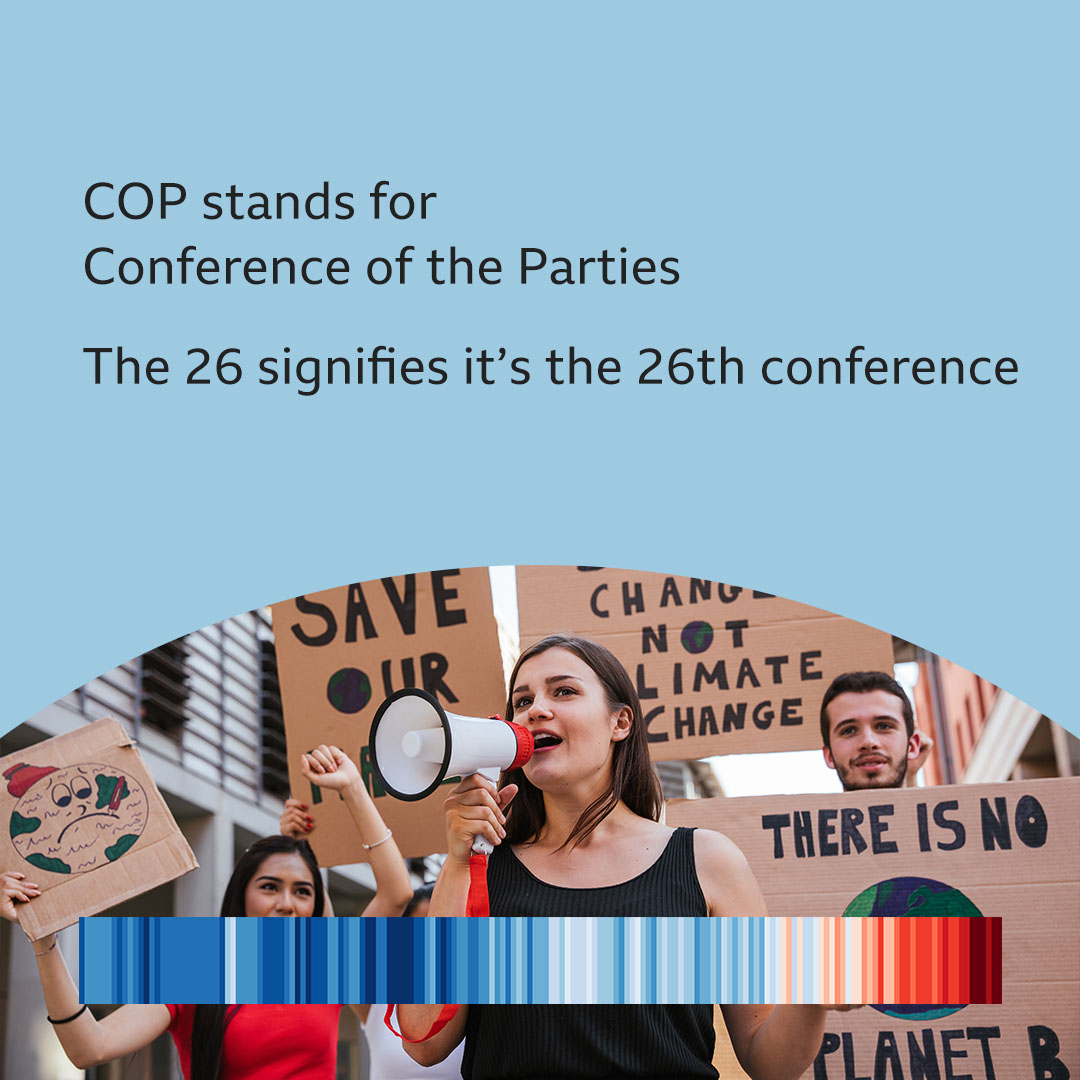
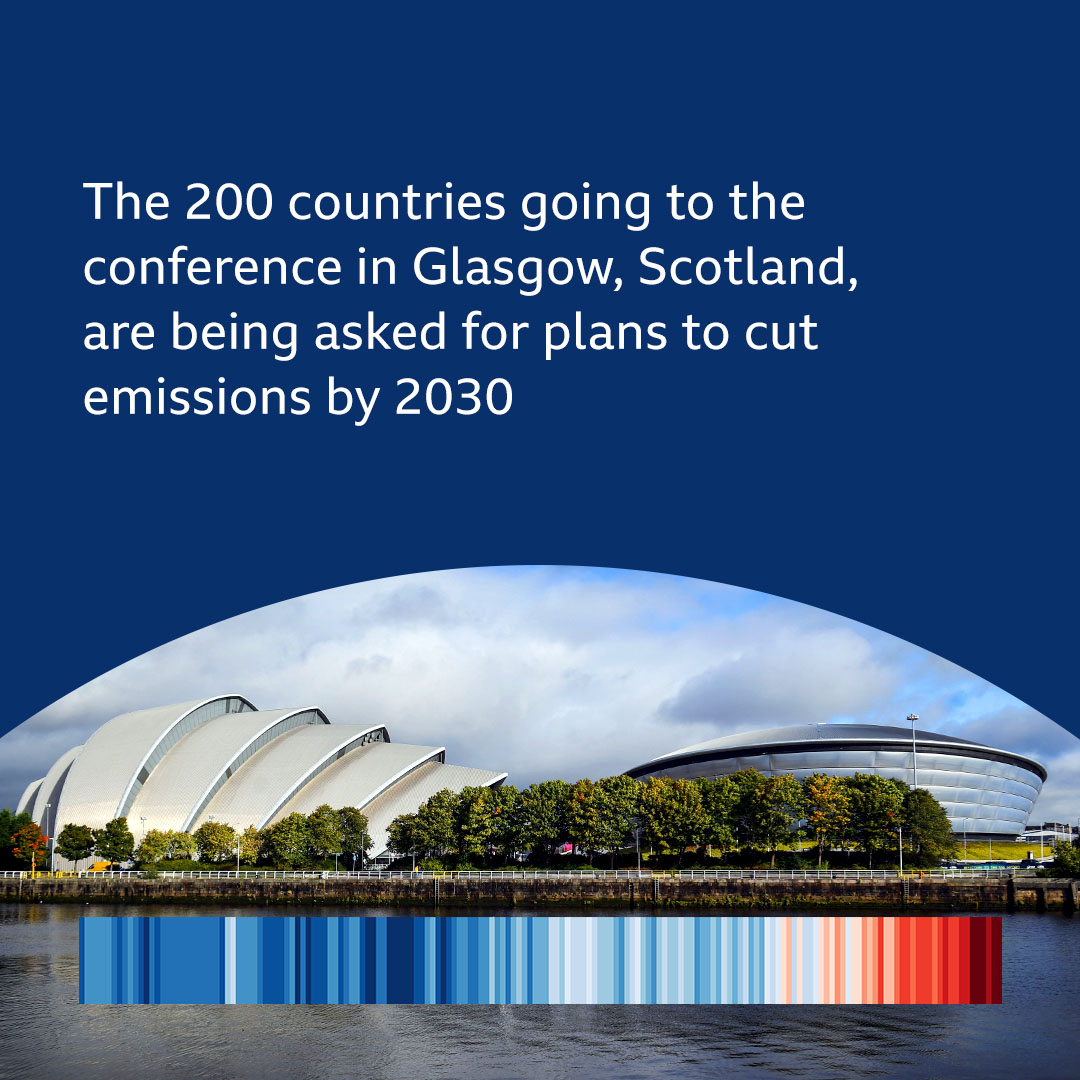
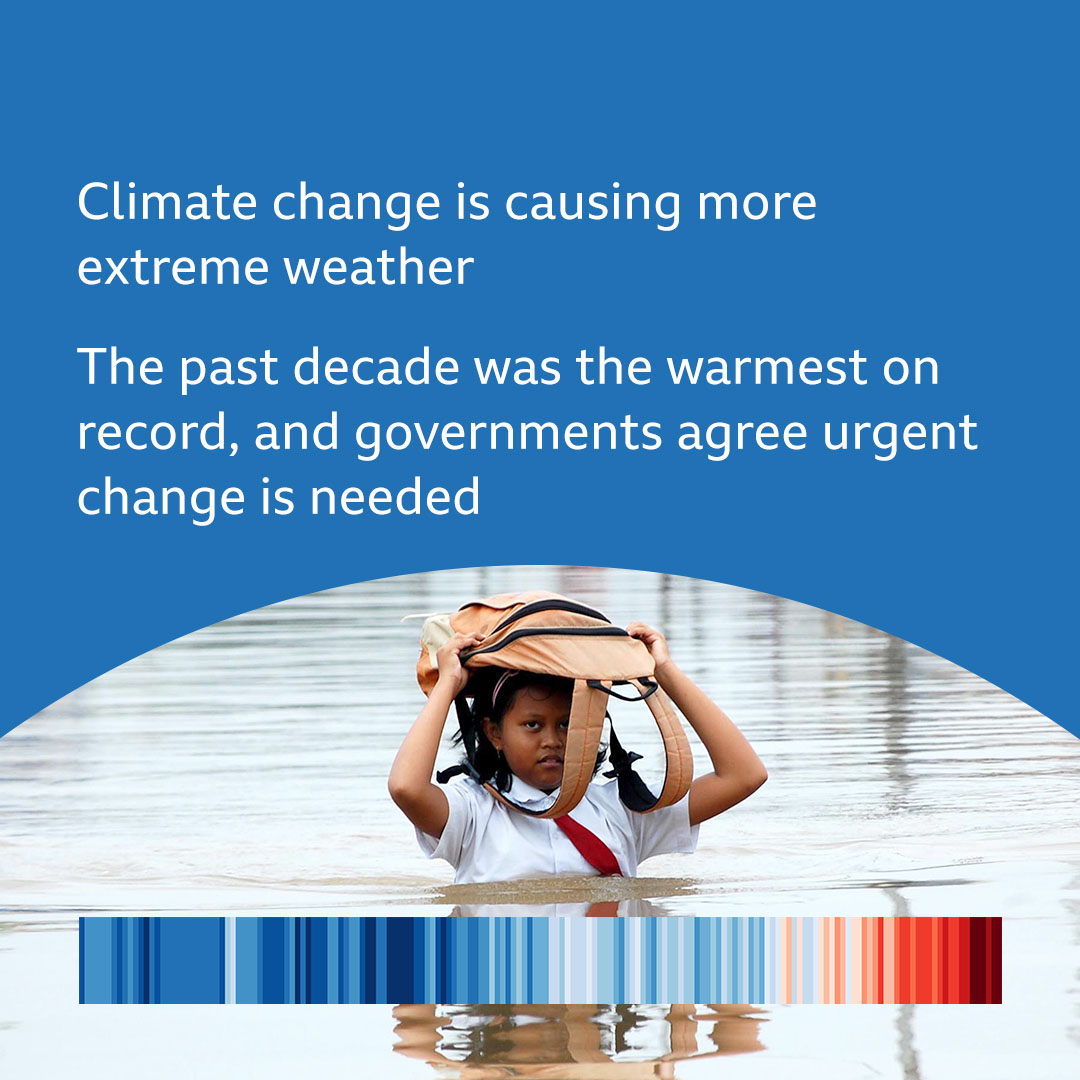
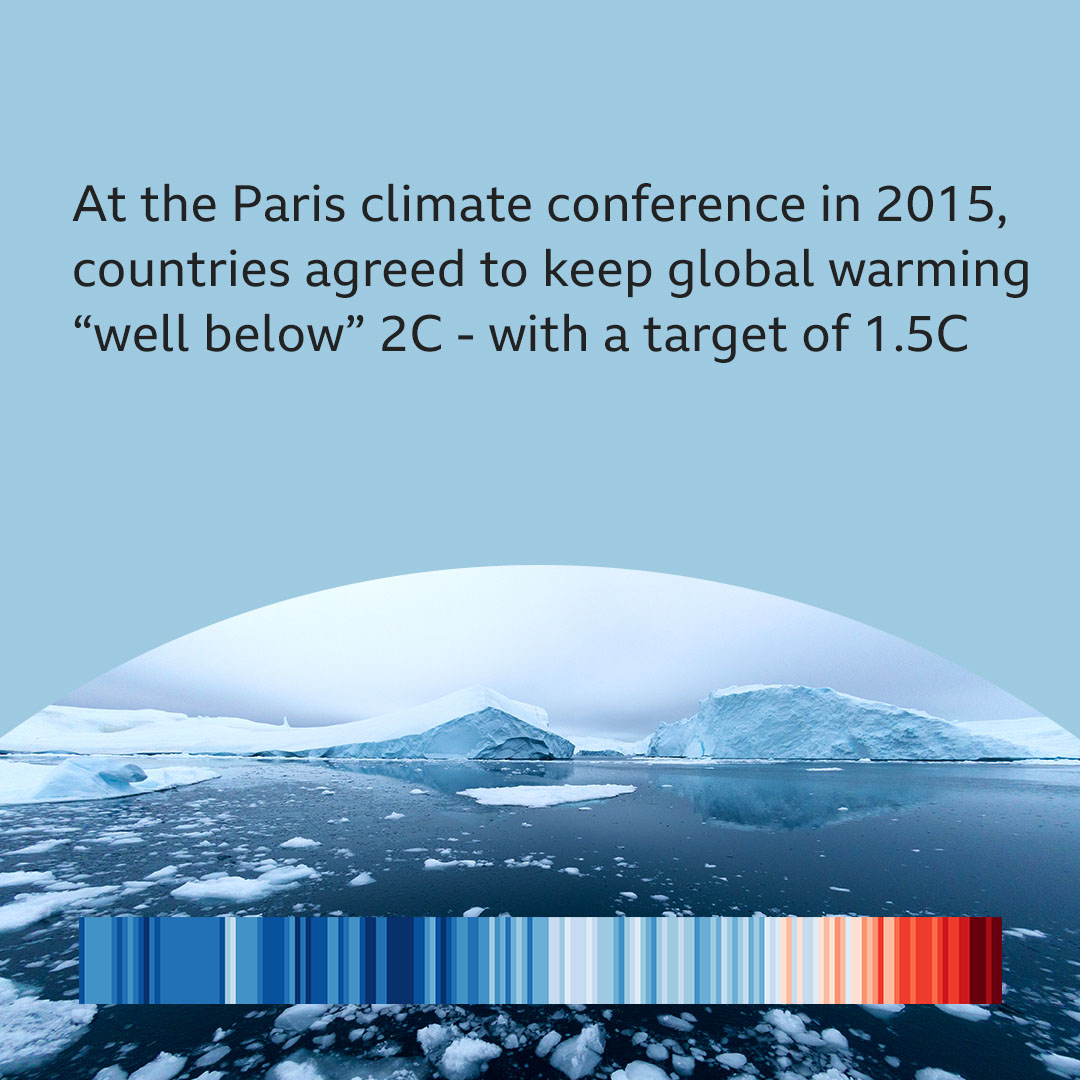


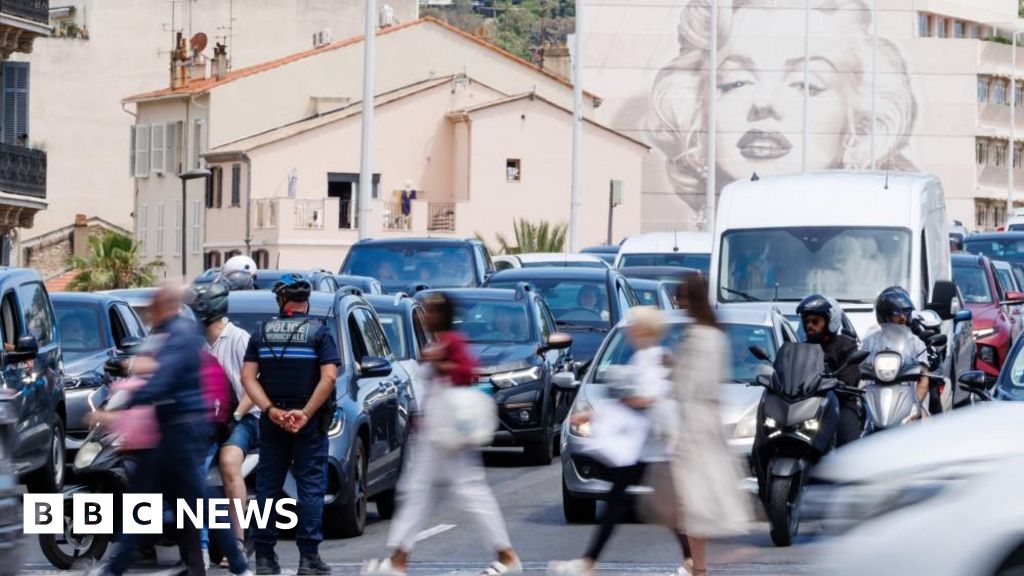
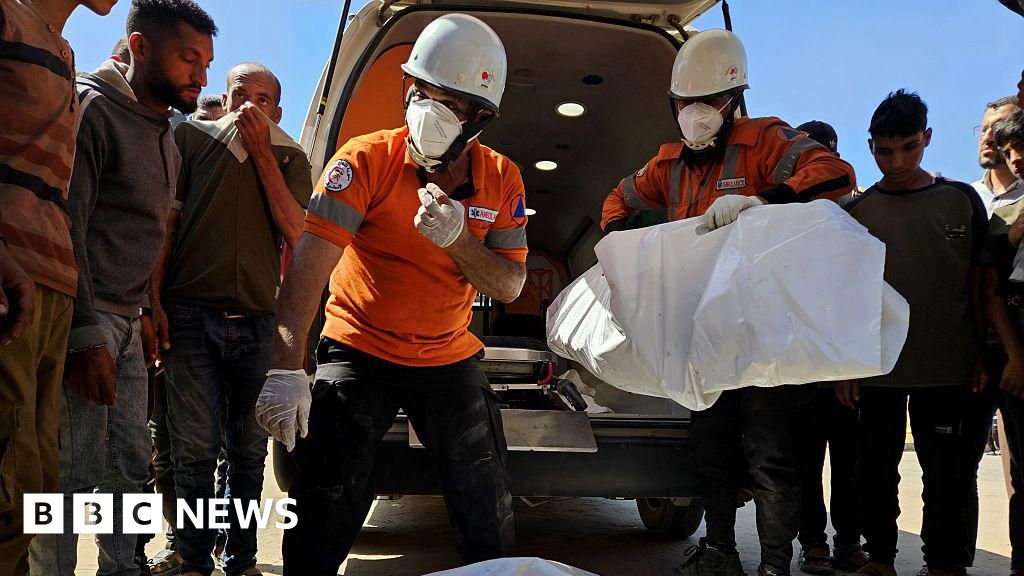
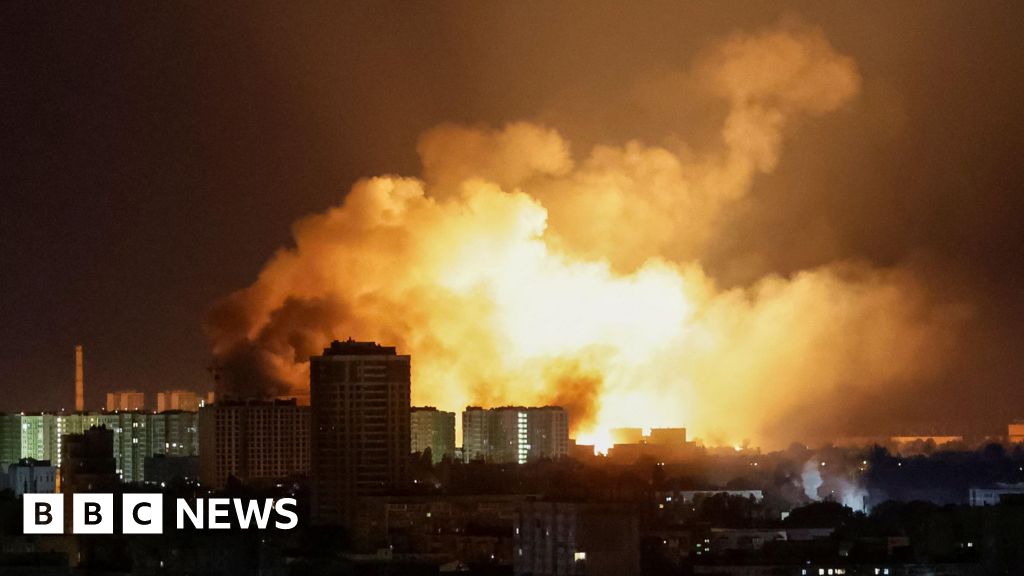





 English (US) ·
English (US) ·